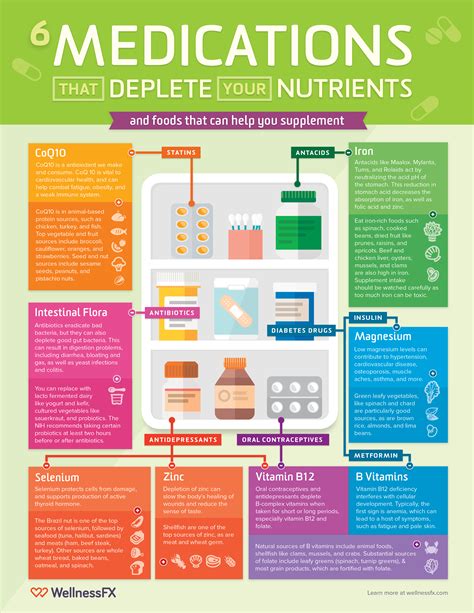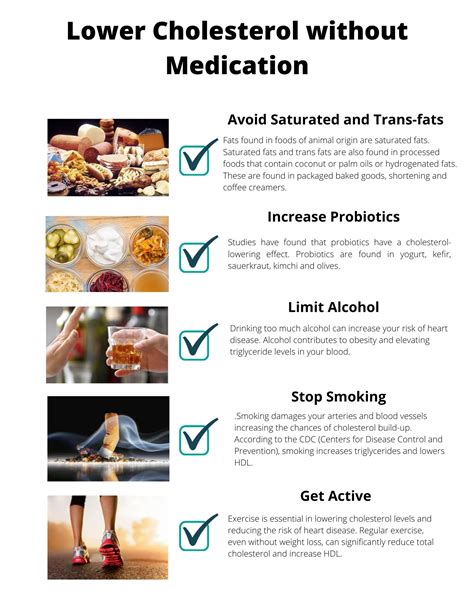Intro
Discover effective prescribed diet medication and weight loss pills, including appetite suppressants and fat blockers, to support a healthy diet plan and achieve significant weight loss results with medical supervision.
The use of prescribed diet medication has become increasingly popular in recent years, as more and more people struggle with weight loss and obesity. With the rise of chronic diseases such as diabetes, heart disease, and certain types of cancer, which are often linked to excess weight, the need for effective weight loss solutions has never been more pressing. Prescribed diet medication can be a valuable tool for those who have tried other weight loss methods without success, but it's essential to understand the benefits, risks, and mechanisms of these medications to use them safely and effectively.
For many individuals, losing weight can be a daunting task, especially when faced with the numerous challenges of modern life, such as busy schedules, lack of access to healthy food options, and the constant temptation of high-calorie treats. While diet and exercise are fundamental components of any weight loss plan, prescribed diet medication can provide the additional support needed to achieve and maintain a healthy weight. These medications work in various ways, such as suppressing appetite, reducing fat absorption, or increasing feelings of fullness, to help individuals stick to their diet and exercise regimen.
The importance of prescribed diet medication lies in its potential to not only aid in weight loss but also to reduce the risk of obesity-related health issues. By achieving and maintaining a healthy weight, individuals can lower their risk of developing conditions like high blood pressure, high cholesterol, and type 2 diabetes. Moreover, prescribed diet medication can be particularly beneficial for those with a body mass index (BMI) of 30 or higher, or those with a BMI of 27 or higher who also have at least one weight-related health condition. It's crucial, however, to consult with a healthcare provider before starting any weight loss medication, as they can help determine the best course of treatment based on individual health needs and medical history.
How Prescribed Diet Medication Works

Prescribed diet medication works through various mechanisms to help individuals lose weight and maintain weight loss over time. Some medications, such as orlistat, work by reducing the amount of fat absorbed by the body, while others, like liraglutide, mimic the action of a natural hormone that regulates appetite and feelings of fullness. Phentermine-topiramate, another commonly prescribed diet medication, combines an appetite suppressant with a medication that helps reduce cravings for high-calorie foods. Understanding how these medications work can help individuals make informed decisions about their weight loss treatment and increase the likelihood of successful weight management.
Types of Prescribed Diet Medication
There are several types of prescribed diet medication available, each with its unique mechanism of action and potential benefits. Some of the most commonly prescribed medications include:
- Orlistat (Xenical, Alli): Works by reducing fat absorption in the intestines.
- Phentermine-topiramate (Qsymia): Combines an appetite suppressant with a medication that reduces cravings for high-calorie foods.
- Liraglutide (Saxenda): Mimics the action of a natural hormone that regulates appetite and feelings of fullness.
- Naltrexone-bupropion (Contrave): Works by reducing hunger and increasing feelings of fullness.
- Semaglutide (Wegovy): Similar to liraglutide, it helps regulate appetite and feelings of fullness.
Benefits of Prescribed Diet Medication

The benefits of prescribed diet medication are multifaceted, offering not only weight loss but also improvements in overall health and reductions in the risk of obesity-related diseases. Some of the key benefits include:
- Significant weight loss: Many prescribed diet medications have been shown to result in substantial weight loss, especially when combined with diet and exercise.
- Improved blood sugar control: For individuals with type 2 diabetes, certain prescribed diet medications can help improve blood sugar levels.
- Reduced risk of heart disease: By promoting weight loss and improving factors like blood pressure and cholesterol levels, prescribed diet medication can lower the risk of heart disease.
- Enhanced mental health: Successful weight loss can lead to improvements in mood and reductions in depression and anxiety.
Risks and Side Effects
While prescribed diet medication can be highly effective, it's essential to be aware of the potential risks and side effects. Common side effects may include:
- Nausea and vomiting
- Diarrhea or constipation
- Headache
- Fatigue
- Increased heart rate It's crucial to discuss these potential side effects with a healthcare provider, as they can help manage them and ensure the medication is used safely.
Steps to Using Prescribed Diet Medication Effectively

To use prescribed diet medication effectively, individuals should follow these steps:
- Consult with a Healthcare Provider: Discuss weight loss goals, medical history, and any concerns with a healthcare provider to determine the best treatment plan.
- Understand the Medication: Learn about the prescribed medication, including how it works, potential side effects, and how to take it correctly.
- Combine with Diet and Exercise: Prescribed diet medication works best when combined with a healthy diet and regular physical activity.
- Monitor Progress: Regularly track weight loss progress, adjusting the treatment plan as needed.
- Address Lifestyle Factors: Make sustainable lifestyle changes to support long-term weight loss and overall health.
Practical Examples and Statistical Data
Studies have shown that prescribed diet medication can lead to significant weight loss. For example, a clinical trial of liraglutide found that participants lost an average of 8% of their initial body weight over 56 weeks. Similarly, phentermine-topiramate has been shown to result in average weight losses of 8.4% to 10.9% over a year. These statistics highlight the potential of prescribed diet medication as a tool for achieving substantial weight loss when used appropriately.
Encouraging Healthy Habits

Encouraging healthy habits is crucial for sustainable weight loss and overall well-being. This includes:
- Eating a balanced diet rich in fruits, vegetables, whole grains, and lean proteins.
- Engaging in regular physical activity, such as walking, jogging, cycling, or swimming.
- Practicing stress-reducing techniques, like meditation or yoga, to manage emotional eating.
- Getting enough sleep each night to support weight regulation and overall health.
Long-Term Weight Management
Long-term weight management is key to maintaining the benefits of prescribed diet medication. This involves:
- Continuing to follow a healthy diet and exercise regimen.
- Regularly monitoring weight and adjusting the treatment plan as needed.
- Addressing any challenges or setbacks with the support of a healthcare provider.
Conclusion and Next Steps

In conclusion, prescribed diet medication can be a powerful tool for individuals struggling with weight loss, offering significant benefits when used correctly and as part of a comprehensive weight loss plan. By understanding how these medications work, their potential benefits and risks, and the steps to using them effectively, individuals can make informed decisions about their weight loss journey. It's essential to consult with a healthcare provider to determine the best approach for individual needs and to ensure safe and effective use of prescribed diet medication.
As you consider prescribed diet medication as part of your weight loss journey, remember the importance of combining it with healthy lifestyle habits, including a balanced diet and regular exercise. By taking a holistic approach to weight loss, you can achieve not only significant weight reduction but also improvements in overall health and well-being. We invite you to share your thoughts and experiences with prescribed diet medication in the comments below, and to explore other articles on our site for more information on healthy weight management and lifestyle changes.
What is prescribed diet medication, and how does it work?
+Prescribed diet medication refers to medications that are prescribed by a healthcare provider to aid in weight loss. These medications work through various mechanisms, such as suppressing appetite, reducing fat absorption, or increasing feelings of fullness, to help individuals stick to their diet and exercise regimen.
Who can benefit from prescribed diet medication?
+Prescribed diet medication can be beneficial for individuals with a body mass index (BMI) of 30 or higher, or those with a BMI of 27 or higher who also have at least one weight-related health condition, such as high blood pressure, type 2 diabetes, or high cholesterol.
What are the potential side effects of prescribed diet medication?
+Common side effects of prescribed diet medication may include nausea, vomiting, diarrhea, headache, and increased heart rate. It's essential to discuss these potential side effects with a healthcare provider, as they can help manage them and ensure the medication is used safely.
